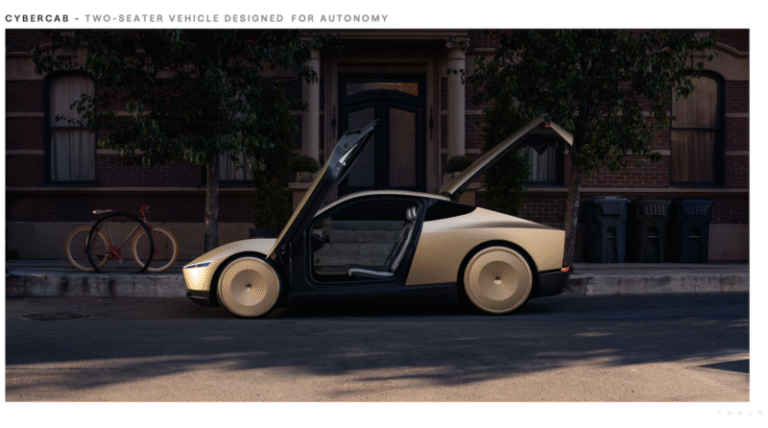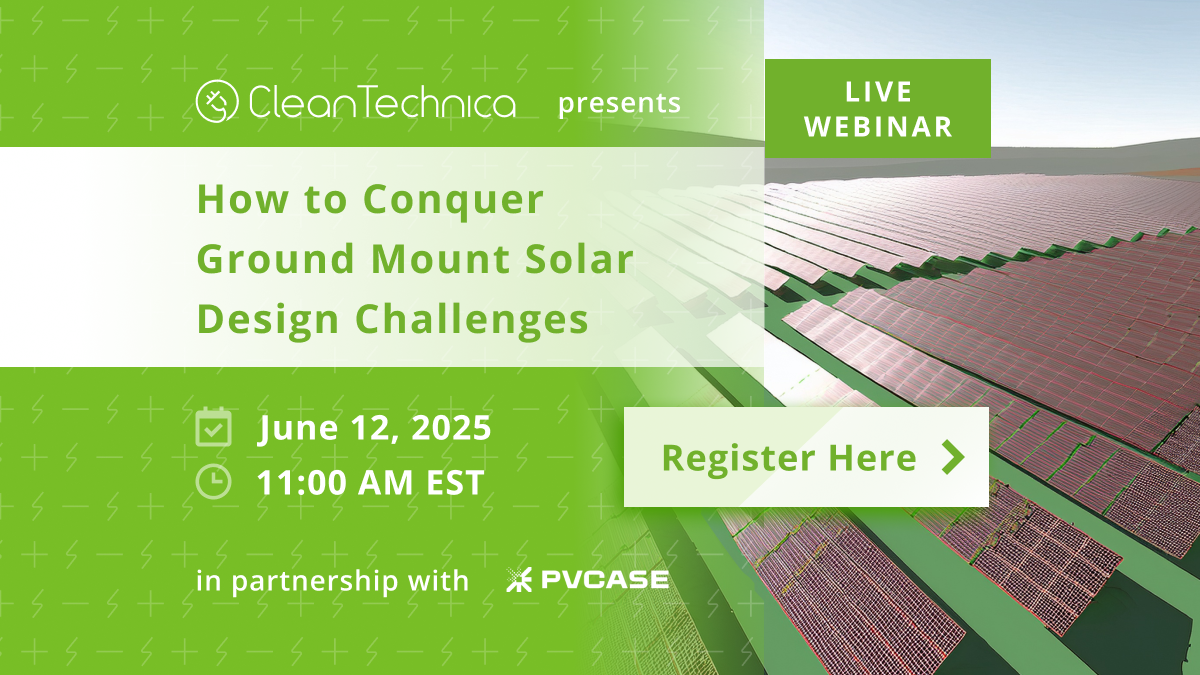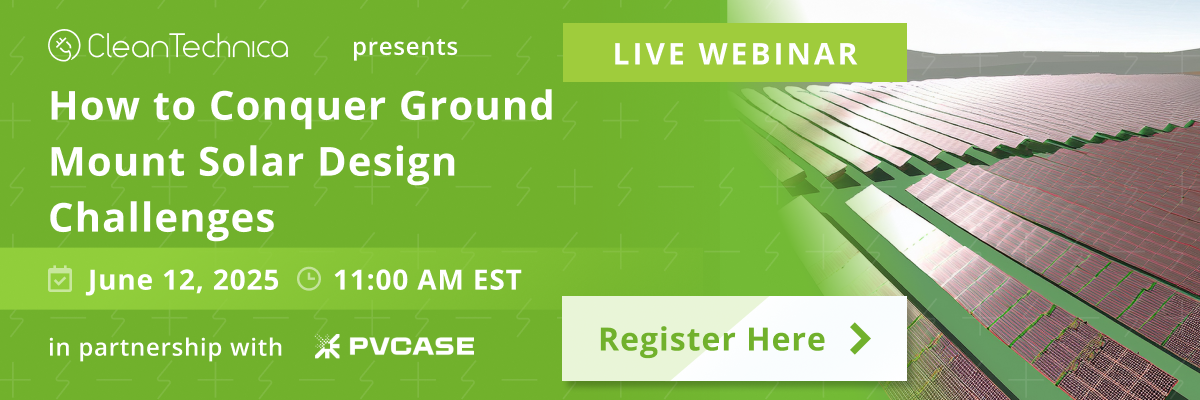Tesla is a publicly held company that wants to operate self-driving systems on public streets and highways. It also intends to begin a robotaxi service on public roads in Austin, Texas, on June 10. Even though the public is an unwitting (and often unwilling) participant in these experiments, Tesla is fighting fiercely to keep any and all information about them private. Recently, it has asked a federal judge to prohibit NHTSA from releasing data about crashes related to the use of Full Self Driving and Autopilot systems. Also, it is pressuring the city of Austin not to disclose information about the robotaxi trial that is just days away.
Some would describe what Tesla is doing as chutzpah, a Yiddish word derived from Hebrew that means “boldness or audacity.” But it has a darker connotation as well. Fans of The Godfather will remember the famous — and gruesome — scene in which Don Corleone orders the head of a famous race horse — Khartoum — cut off and placed at the foot of the bed of its owner. In legal circles, chutzpah is sometimes described as murdering your parents and then throwing yourself on the mercy of the court because you are an orphan.
Elon Musk often complains about people engaging in “lawfare,” but no one plays that game better than Musk himself. There are some who believe his fervent support of the current president was partly driven by a carefully calculated plan to keep federal authorities from restricting or even banning the autonomous driving technologies he has been promoting aggressively for a decade. Musk refuses to recognize obstacles. His modus operandi is to batter his way forward by sheer force of will. Some see that as a virtue; others see it as a character flaw. Perhaps it is both.
What is always left off to the side is that these self-driving systems necessarily involve private citizens, who are not told they are part of these experiments and not given a chance to opt out. Other companies use private facilities to test their self-driving systems; Tesla uses public roads. But it goes one step further. When something goes awry, Tesla rushes to draw a cloak of secrecy around its activities, which makes it difficult if not impossible for those citizens who are unwittingly affected to seek compensation for the consequences.
Recently, Bloomberg released a video of a Tesla Model Y operating while in Full Self Driving mode that crashed into a stopped car on an Arizona highway, killing one of the passengers. The video was from the car’s dashcam and was downloaded by an Arizona state police officer. Subsequently, the video was released following a public records request. The odds that Tesla would have released that video without an order from the US Supreme Court are virtually nil.
Last February, Reuters asked the city of Austin for information about the robotaxi service Elon Musk said would begin there in 2025. On April 1, Austin public information officer Dan Davis told Reuters that “third parties” had asked the city to withhold the records to protect their “privacy or property interests.” On April 7, Austin officials asked the office of the Texas Attorney General, which is the final authority on public information disputes, for its opinion.
On April 16, an attorney for Tesla contacted the office of the Attorney General to object to the release of “confidential, proprietary, competitively sensitive commercial, and/or trade secret information” contained in emails between Tesla and Austin officials. He claimed releasing the documents to Reuters would reveal “Tesla’s deployment procedure, process, status and strategy” and “irreparably harm Tesla.” Talk about your lawfare!
The robotaxi trial in Austin is scheduled to begin before the opinion from the Texas AG is issued. As of this moment, we know that the vehicles used will be geofenced, meaning they will be software restricted to certain streets within the city. But as of this moment, information about which streets will be used by the self-driving cars has not been made public. If you were a resident of Austin, wouldn’t you want to know where cars with no drivers onboard would be operating? It’s possible a prudent person might want to avoid interacting with these horizontal elevators.
Tesla & Secrecy
Tesla’s mania for secrecy is also on display in Washington, DC. After Reuters (those pesky devils!) asked NHTSA for Tesla crash data, the company rushed to federal courts (more lawfare!) to ask a judge to block the release of that information because it might be used by competitors to assess its self-driving systems. According to Engadget, Tesla contends the information is confidential. If it was to become public knowledge, others would be able to determine how effective each version of Tesla’s self-driving software is and the number of crashes associated with each version.
Of course, there is a scarier possibility. If members of the public found out how often Tesla self-driving technology is involved in crashes, it might tend to sour them on autonomous driving systems from Tesla. The elephant in the room here is that Musk has used his influence to get the US Transportation Department to restrict the reporting requirements for cars used as robotaxis by ride-hailing companies like Tesla and Waymo. Those reporting requirements had been strengthened last fall. If the government doesn’t have the information in the first place, there will be nothing to release to annoying news organizations like Reuters.
Noah Goodall, an independent researcher who studies autonomous vehicles, told Wired the changes may make it harder for outsiders to spot or understand patterns in the errors self-driving vehicles make. He did acknowledge, however, that the public database on crashes has been difficult to work with since it was launched in 2021. “You’re getting less reporting now. From my perspective, more data is good,” he said.
Trade Secrets
Trade secrets are protected by US law. Those protections are why fracking companies do not have to disclose what chemicals they are adding to the fracking fluids they inject deep underground. If people living nearby get sick and die, well, that’s the price of energy dominance. You can’t make an omelet without breaking a few eggs.
Elon’s mania for secrecy concerns many people. It’s as if he knows he has something to hide, something he doesn’t want the world to know about. Is that reason enough to force the information out into the public domain? That’s a simple question that will provoke many different answers. We look forward to hearing what our readers think on this subject.
Sign up for CleanTechnica’s Weekly Substack for Zach and Scott’s in-depth analyses and high level summaries, sign up for our daily newsletter, and follow us on Google News!
Whether you have solar power or not, please complete our latest solar power survey.
Have a tip for CleanTechnica? Want to advertise? Want to suggest a guest for our CleanTech Talk podcast? Contact us here.
Sign up for our daily newsletter for 15 new cleantech stories a day. Or sign up for our weekly one on top stories of the week if daily is too frequent.
CleanTechnica uses affiliate links. See our policy here.
CleanTechnica’s Comment Policy





